What lessons from the cricket field can World Cup-winning captain Imran Khan take along as he readies to be Pakistan's Prime Minister? Sports leadership gurus spell out five key mantras for future leaders

Imran Khan. Pics/AFP, Getty, PTI
1. It's never too late to turn a rough situation around
ADVERTISEMENT
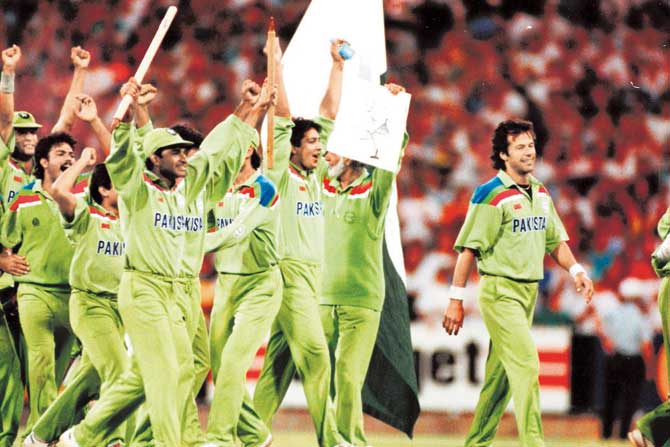
Imran Khan is one of Pakistan's most successful sporting icons. He led a young, talented team to win the World Cup in 1992 (top). As he gears to take up what's often described as 'one of the toughest jobs in the world', many feel his cricketing career will stand him in good stead.
Khan's most famous triumph, Pakistan's 1992 World Cup win, was not all smooth-sailing. "The team has begun badly and was on the verge of being knocked out," says Vinay R Kanchan, consultant and author of Lessons from the Playground. "Before a key game, Imran made a famous, rousing speech to his team, where he likened them to 'cornered tigers'. The Pakistani team was transformed post that. Khan knew exactly how to motivate his team to deliver extraordinary performances, and his unshakeable belief in his team helped them to overcome seemingly insurmountable odds."
2. Challenges can be a treasure-trove of opportunity

Be it on the field, in the boardroom or in any other aspect of personal or professional life, you may not always satisfied with the deal you've been handed out. The hallmark of a successful individual and leader is being able to do the best with what is available to you, says Dev Prasad, author of Pitch It. "In 2007, the Indian team's performance in the World Cup was disappointing where the team failed to make it past the group stage. This was also the inaugural year for the ICC Twenty20 championship. After India's World Cup exit, many top players refused to participate in the Twenty20 tournament, including Tendulkar, Ganguly and Dravid. The team that MS Dhoni, the then-captain had to work with, was young and inexperienced. However, he didn't buckle under the pressure and turned the situation around with the resources, leading India to win the championship," he says.
3. Don't obsess over weaknesses; focus on strengths
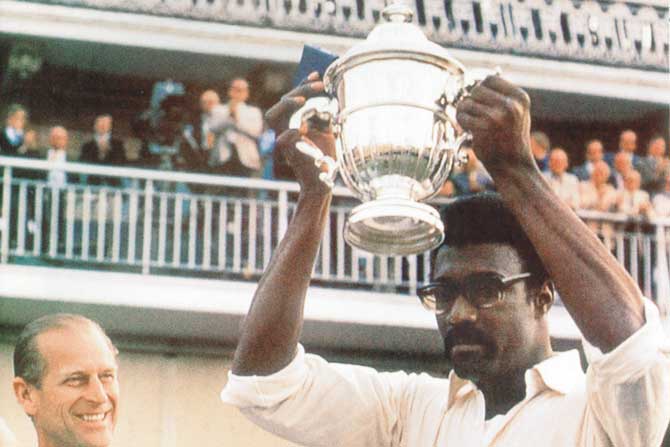
Prasad believes that former West Indies captain Clive Lloyd's success came from his focus on building his team's strengths. "Lloyd realised that his team had certain advantages that others lacked — they were tall and well-built. They also played on sandy beaches, so running on the cricket pitch was easier. When building his team, Lloyd did not try to compete with spinners from India or Sri Lanka. Instead, he realised that they were suited for fast-bowling. He groomed some of the most formidable fast bowlers in cricketing history — Andy Roberts, Michael Holding, Joel Garner, Colin Croft and Malcolm Marshall," he says. Similarly, when enhancing your skill set, focusing on and developing your own strengths could be a more efficient and fulfilling strategy.
4. Good players understand the importance of ethics
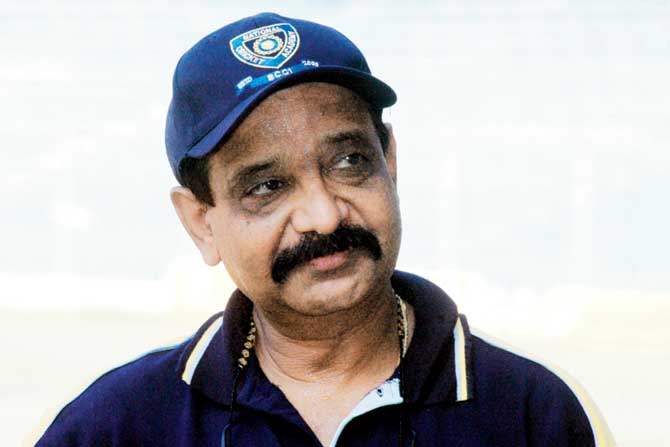
GR Viswanath is fondly remembered as one of India's most iconic players and captains. Prasad shares, "In the Golden Jubilee Test that India played against England in Mumbai in 1980, English batsman Bob Taylor was declared out by the umpire. However, Viswanath knew that it was an erroneous decision and decided to withdraw the appeal to have Taylor recalled to the game. In a cruel twist of fate, it was probably that decision that cost India the match as Taylor played an excellent innings. At the post-match press conference, he was asked whether he would have recalled Taylor had he known the outcome. His replied that he would." Ethics are integral to sports and business, and having the ability to be ethical, despite the outcome is the true mark of a successful individual, says Prasad.
5. Reinvent yourself to stay relevant and ahead of the game
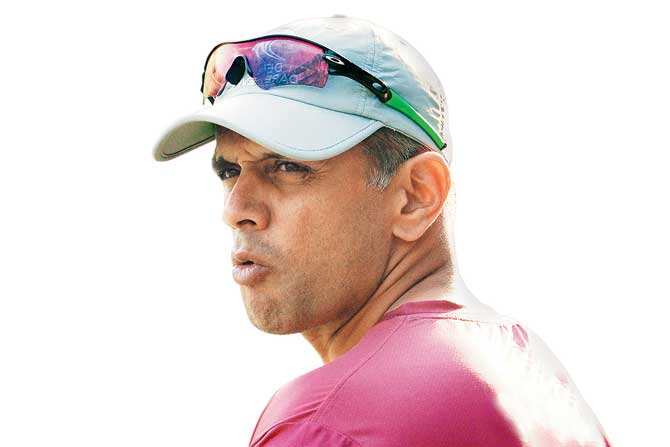
"Rahul Dravid began his career playing Test cricket, which he was well-suited to. Test cricket requires patience, where holding your wicket is an art. This, however, might not work for One Day and Twenty20 matches. In 1998, soon after his debut, he was dropped from the ODI team. Instead of losing heart, he went back to the drawing board and reinvented his game. Within a year, Dravid was recalled to the team. He topped the batting aggregate at the World Cup and reinvented himself as a wicketkeeper by the next World Cup, he was also keeping wickets," Prasad says. With companies constantly changing goals and expectations, staying abreast with the latest tools and in sync with the need of the hour is vital for success.
Pitch perfect
Be prepared:
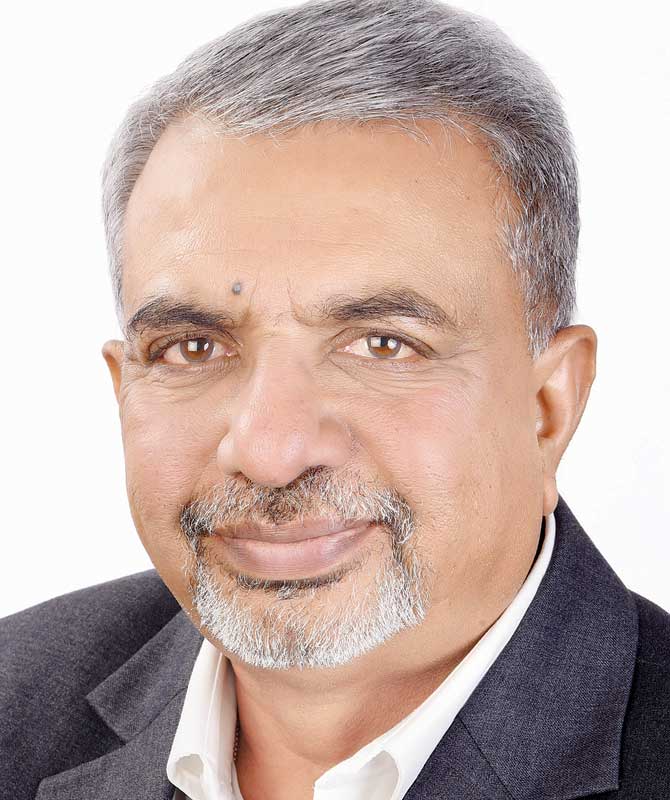
As a former cricketer, one of the biggest lessons that I have learnt is the importance of being prepared. For instance, a bowler must anticipate the unlikeliest scenarios such as the batsman hitting the last ball for a four or a six, and practise to prevent this from happening. If you make it a habit to avoid tough situations, these will inevitably find their way to you.
Srinivas Uppaluri, strategy and leadership coach
Play with yourself:

Sports psychologists often talk about the concept of 'playing within yourself' and how good players can shut out all the chatter, to forget about who is watching, and develop the internal focus. This enables them to just 'be the ball' and to strike confidently in harmony. Focus is a key ingredient for business success.
Bruce Schwack, business leader and motivational speaker
Catch up on all the latest Crime, National, International and Hatke news here. Also download the new mid-day Android and iOS apps to get latest updates
 Subscribe today by clicking the link and stay updated with the latest news!" Click here!
Subscribe today by clicking the link and stay updated with the latest news!" Click here!






